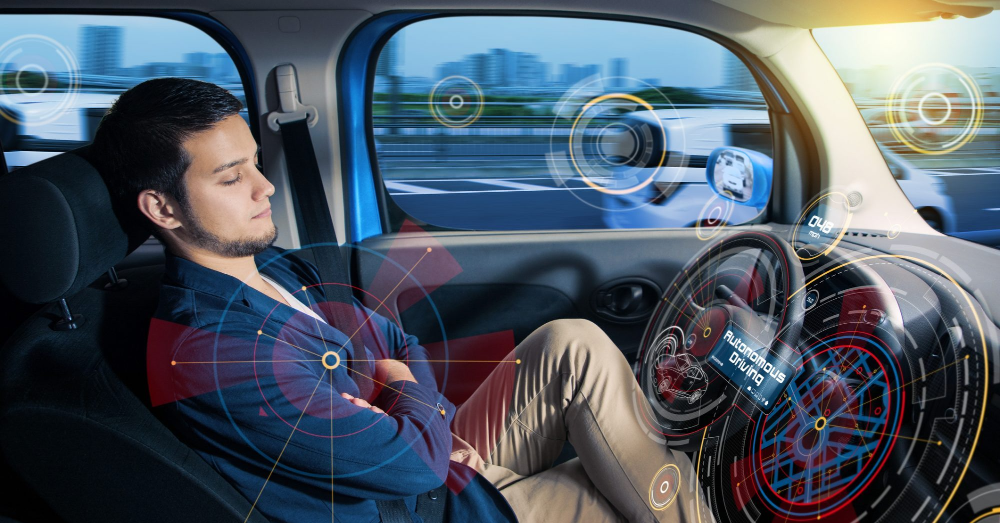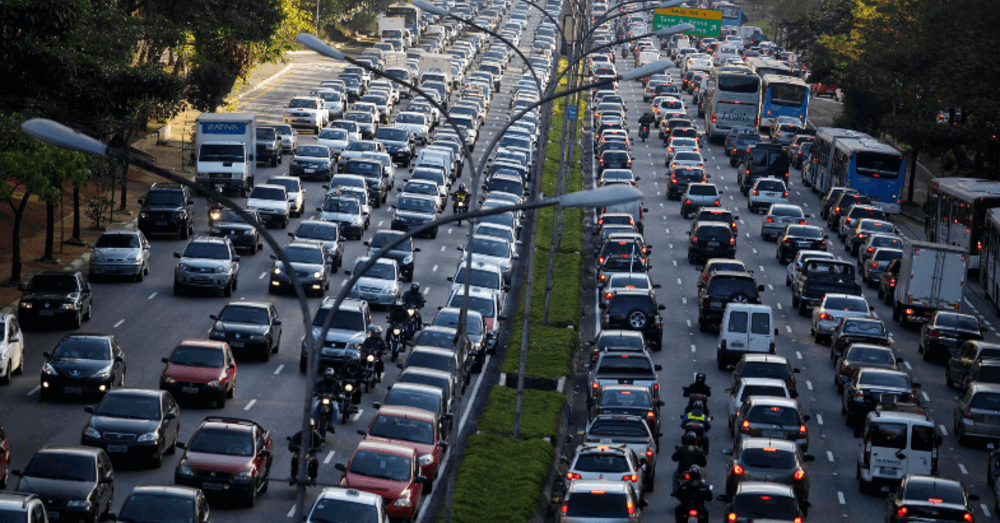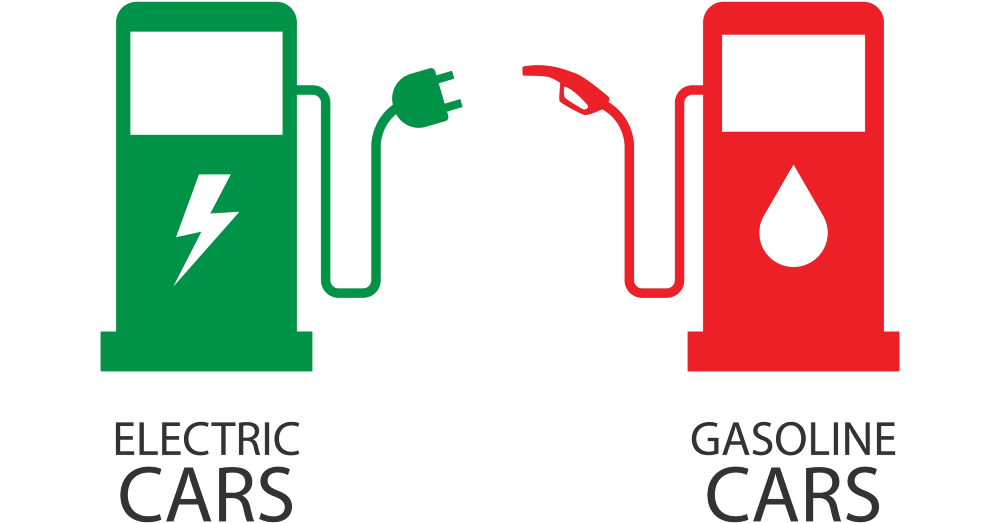
Government Considerations Regarding Self-Driving Cars
As safety technology evolves and more aspects of vehicles become autonomous, we are growing ever closer to having self-driving cars.
Some small private companies have already made cars that seem to drive on their own and Google has been researching their own version for the past few years. This new technology has its own variety of pros and cons that all forms of government are going to need to consider.
Jurisdictional Considerations
If we lived in a tiny country with only a few cities and a limited number of roads, there might not be as much of a need for jurisdictional consideration, but the variety of government levels and vastness of our country pose a problem for self-driving cars. Different applications of these cars have been considered and launched with the use of varying sensors and cameras to keep cars where they need to be on the road.
Looking at Some Pros and Cons
Pro: Fewer Car Crashes
If the technology for self-driving cars is perfected, there will be fewer car crashes. While using a system that is infallible, cars can communicate with each other and stay safe distances from each other. Because computers can adjust much faster than people, car crashes can be avoided and every move a vehicle makes can be predicted, allowing for fewer crashes to take place.
Con: Security Concerns
While a perfect driving world is one in which people aren’t in control, there are many people who would always try to hack in and take over vehicles that are heavily dependent on a computer network to continue driving. Until a completely secure network can be developed, all levels of government need to be cautious when considering the technology that would allow cars to drive on their own.
Pro: Cost Savings for Society
Driving cars and getting into accidents amount to costs of nearly $800 billion every year. This cost can be reduced with self-driving cars that are made to avoid accidents and stay on the network that keeps these cars on the road away from each other. Knowing people are much less likely to be in a crash can reduce these costs on insurance, transportation, healthcare, and other areas where vehicles are part of the equation.
Con: There Will be an Initial Job Loss Impact
Industries, where employees depend on driving to make a living, will be impacted right away. We won’t have a need for truck drivers, bus drivers, and taxi drivers when self-driving cars are all we have on the road. While these professionals will have to seek employment elsewhere, trucks can make it to their destinations much sooner because there won’t be a driver in the vehicle that would need to take a break.
Pro: The Loss of Traffic Jams
Without people doing the driving and navigating, cars will be able to drive efficiently on every road, and traffic jams can be a thing of the past. Many times, the slowing of vehicles in heavy traffic is only caused by one or two drivers that slow when they don’t need to. Basically, traffic will be optimized and everyone can get where they need to more efficiently.
Con: The Initial Cost Per Vehicle Could be Astronomical
Can you afford $250,000 for the vehicle you drive? Most of us can’t afford this cost and it would likely have to be subsidized by the government in order to transition to a fully autonomous driving world. Of course, this cost per vehicle is nothing considering the lives that can be saved when self-driving cars are used.
Pro: Mobility for Those Without it Now
For elderly and disabled people who cannot drive themselves around, vehicles that can operate without a human driver will be a significant blessing to them. This will allow people who might otherwise be shut-ins to begin to live their lives again and enjoy the world around them. Many of these people rely on family and friends to help them, which can be a challenge and would be solved with autonomous vehicles.
Much More for Government Agencies to Consider
It’s pretty easy to see that some of the considerations facing various levels of the government regarding self-driving cars are staggering. Whether you want to trust these vehicles or not, we are still a long way off from having cars on the road that can operate without a driver. Will these cars be part of our future? Are we going to move too quickly toward cars that drive on their own? Answers may be coming soon.
This post may contain affiliate links. Meaning a commission is given should you decide to make a purchase through these links, at no cost to you. All products shown are researched and tested to give an accurate review for you.



